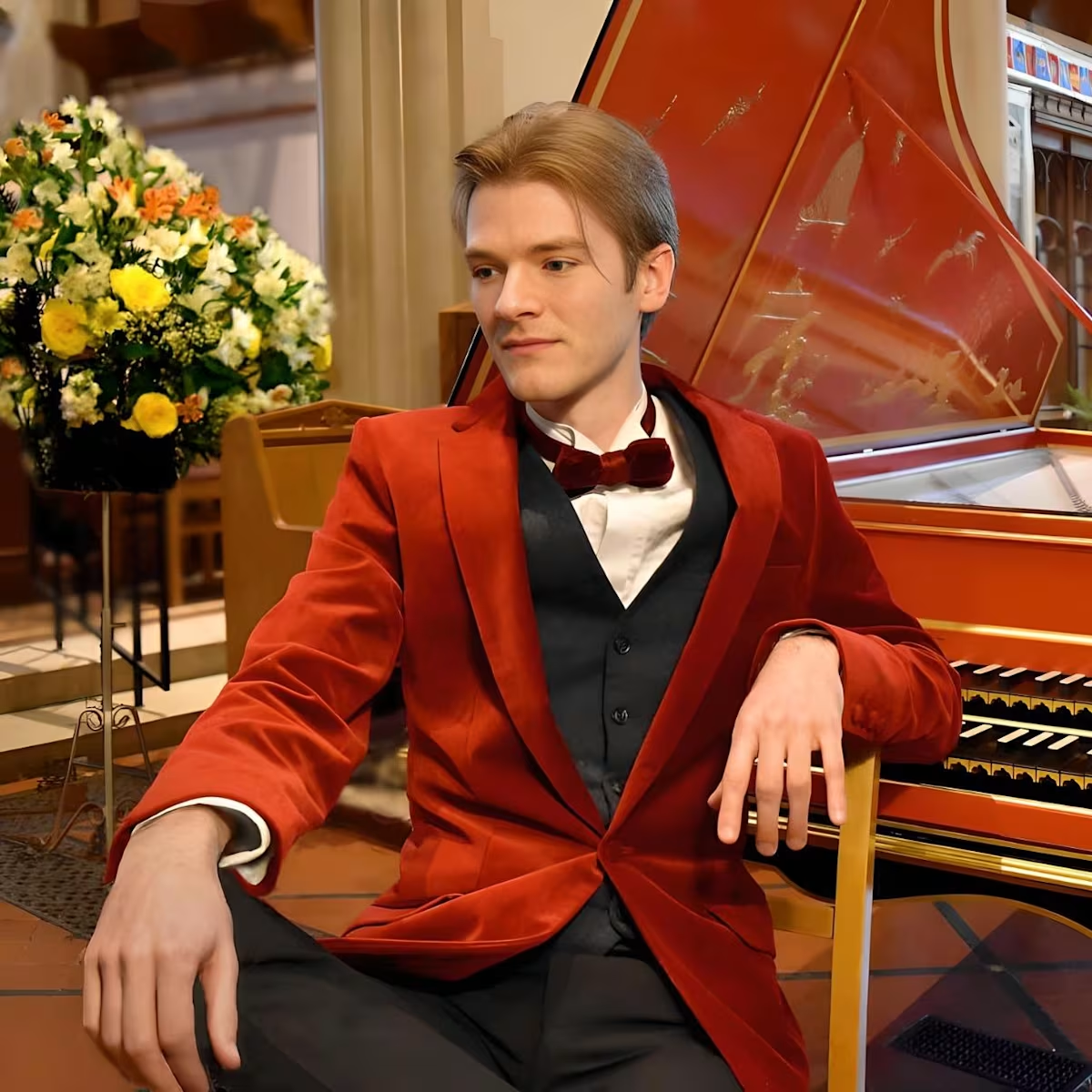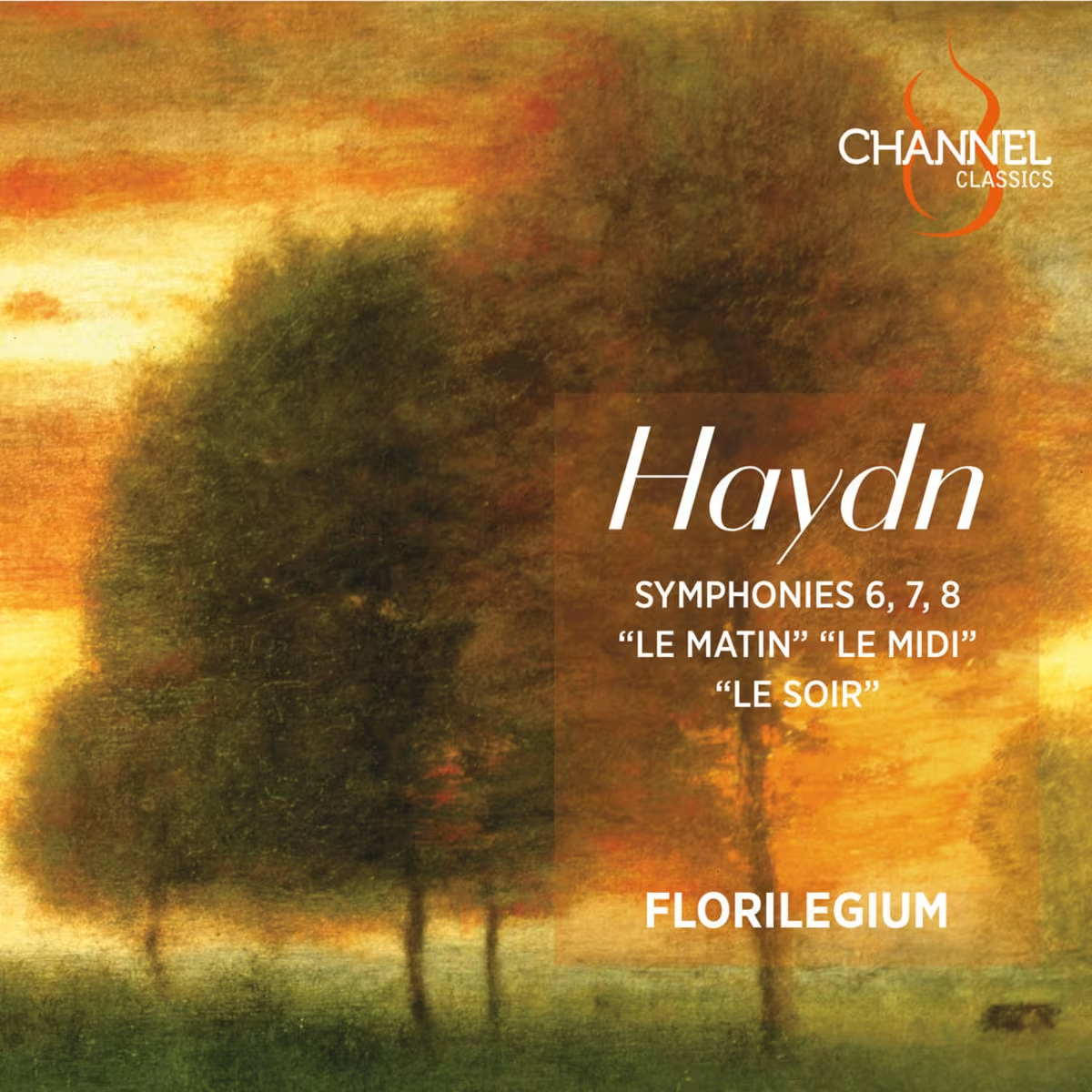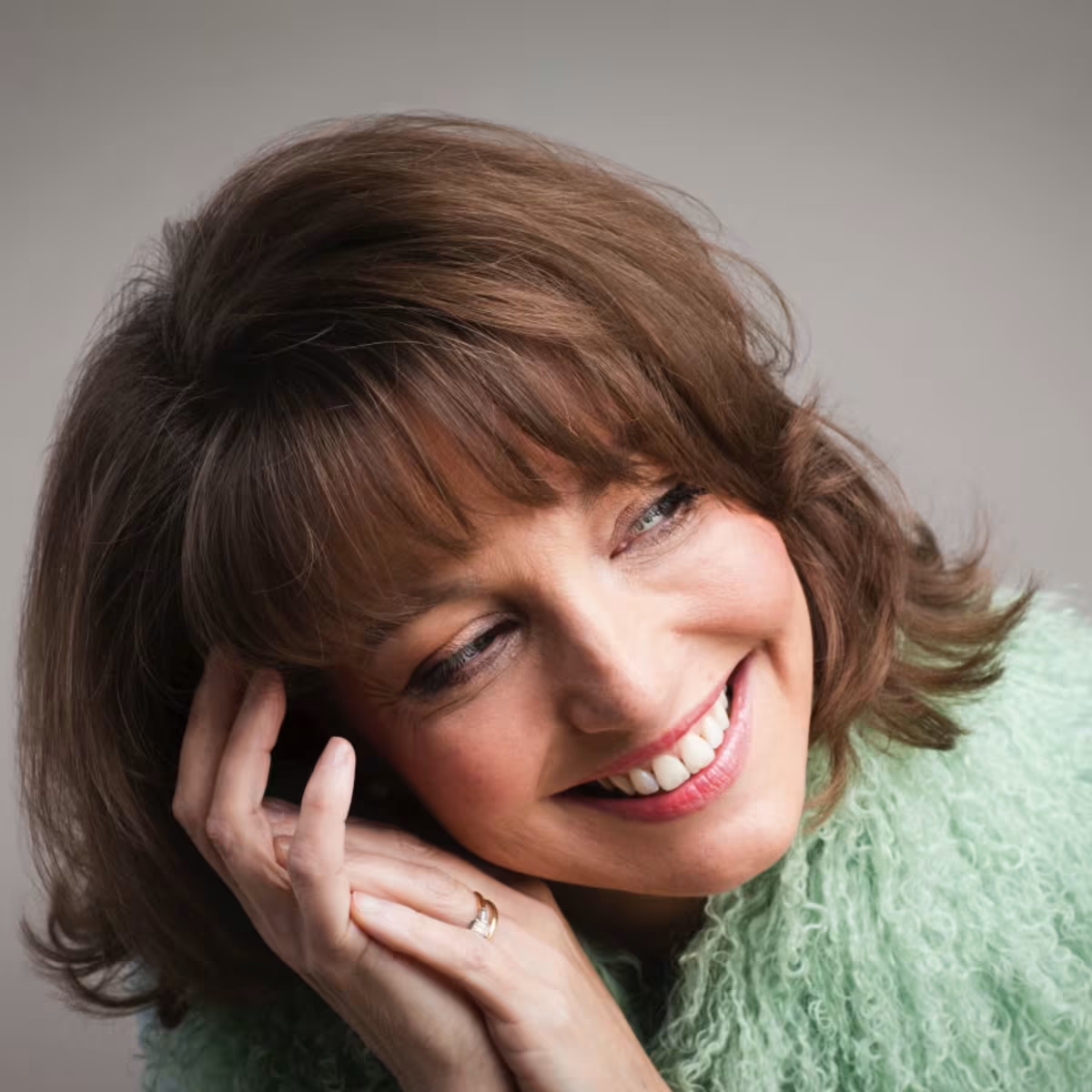Playlist
Music after a while
Share this

Historical instruments such as the Baroque violin, viols or the harpsichord offer an incredibly wide palette of musical possibilities, explored over centuries by composers both familiar and unfamiliar. Indeed, to provoke your thoughts: have we perhaps lost more historical music than we still have…?
In recent decades, however, an increasing number of living composers have turned their attention to these instruments, exploring new sound worlds that resonate with contemporary audiences. (Read our feature about Roxanna Panufnik here.)
Listen to their inspirations and new creations on our playlist, including works by Purcell and Panufnik, Handel and Nyman, and Bach and Thorvaldsdottir, performed by many of your favourite ensembles and soloists. This playlist is also available on Spotify.
William Byrd: Pavane Lachrymae
Patrick Ayrton
Roxanna Panufnik: Kyrie after Byrd
Ora Singers
Henry Purcell: Music for a while
Barokksolistene
Michael Nyman: Music after a while
Fretwork, Iestyn Davies
William Hamilton Bird: The Oriental Miscellany
Jane Chapman
Mera Mutchelli
Mutru
GF Handel: German Arias
Mary Bevan, Davina Clarke and friends
Meine Seele hört im Sehen
In den angenehmen Büschen
Singe, Seele, Gott zum Preise
J.S. Bach: Trio Sonata in G Major BWV 1039 - Presto
Florilegium
Errollyn Wallen: Louis's Loops
Luca Quintavalle
J.S. Bach: Jesu, meine Freude
The Monteverdi Choir
Michael Gordon: Observations on Air
Peter Whelan, Orchestra of the Age of Enlightenment
Electricity
Dephlogisticated Air
Anna Thorvaldsdottir: Impressions
Luca Quintavalle
Nico Muhly: Nowheresville
Teitur Lassen, Holland Baroque
Share this
Keep reading

In conversation: Nathaniel Mander
Nathaniel Mander, a harpsichordist and fortepianist, is known for his highly expressive and personal performances.

Haydn: Symphonies 6, 7, 8 ‘Le matin’ ‘Le midi’ ‘Le soir’
Haydn: Symphonies 6, 7 and 8 (‘Le matin’ ‘Le midi’ ‘Le soir’) - a recording from Florilegium featuring an 18 piece orchestra.

Roxanna Panufnik: Officially Kooky
Composer Roxanna Panufnik explains how several recent commissions for prominent early music specialists seek to evoke and shed light on the past.

